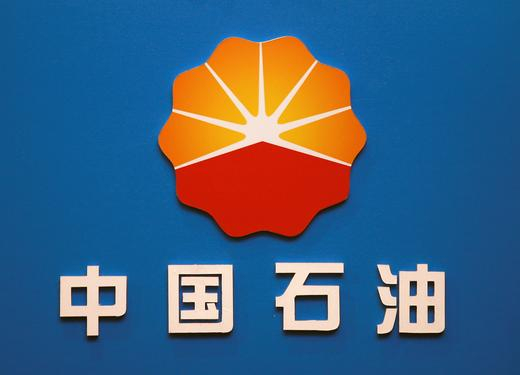
China National Petroleum Corp is planning to open dozens of petrol stations in Myanmar, the first major foreign investor to enter the fast-growing Southeast Asian fuel market, as the state giant expands its retail oil business, company officials said.
The investment, which could eventually reach tens of millions of dollars, follows a new strategy to tap overseas retail margins as China's domestic fuel market is saturated. The move follows a similar but larger investment in Brazil, where CNPC's global trading and refining unit bought 30% of a leading Brazilian fuel dealer last year.
CNPC's external retailing push came after Tian Jinghui, a veteran fuel marketing executive took the helm at the global unit, PetroChina International, which is also handling the Myanmar investment.
CNPC sees Myanmar as a prime frontier market for fuel retailing, where foreign participation is minimal but demand is growing at about 10% annually on a fast-expanding vehicle fleet and barely existent local refining industry.
"Myanmar is one of the few markets in this region that's open to outside investment and where demand is growing fast," said a Beijing-based PetroChina executive with direct knowledge of the investment. Officials declined to be named because they are not authorized to speak to press.
Myanmar is the fastest-growing economy in Southeast Asia, with the Asian Development Bank (ADB) forecasting growth of 6.8% next year.
Myanmar's removal of fuel subsidies in 2007 and opening of the market to private investors has seen the number of petrol stations increase 10-fold over the past decade to more than 2,000, said PetroChina officials and a Yangon-based analyst.
Already the largest investor in Myanmar's energy sector, operating pipelines that transport oil and gas from a delivery point on Myanmar's western coast to China's southwest, CNPC has outrivaled its global peers for a foothold in the market.
Jeremy Mullins, country director at Vriens and Partners, a Southeast Asia-focused advisory firm, said challenges like obtaining land and establishing a secure distribution system to deliver fuel that hasn't been tampered with have limited foreign investment in Myanmar's retail oil sector.
CNPC's "investment can be seen as a vote of confidence in the market's potential (in Myanmar)," said Mullins.
OTHER MARKETS, OTHER INVESTORS
While CNPC is still hunting for targets elsewhere in Asia, the officials said foreign investment in fuel retailing is prohibited either by subsidized pricing as in Indonesia or by a growing domestic refining industry as in Vietnam.
Others with a presence in Myanmar have not yet made any significant progress in its retail fuel sector.
Singapore's Hin Leong Trading has long been Myanmar's main fuel supplier, according to one of the PetroChina officials and a Hin Leong executive. The trader is now exploring opportunities to enter fuel retailing in Myanmar with a local partner, said a Hin Leong spokeswoman, without elaborating.
Oil major Royal Dutch Shell is reviewing an earlier brand licensing agreement with local fuel distributor Max Energy Pte Ltd, due to "current depressed fuels margins and capital pressures", said a Shell spokeswoman.
Puma Energy, controlled by Swiss trader Trafigura, also planned to enter the retail business in Myanmar after opening an oil products terminal and storage facility in May 2017.
But it's not clear if anything has materialised, and a spokeswoman for Puma Myanmar declined to comment.
WEARING THE SINGAPORE BRAND
CNPC is planning "several dozen" petrol stations to start with in Yangon, Mandalay and capital Naypyidaw, under a longer-term goal of setting up hundreds of outlets in Myanmar, said the PetroChina executive, without giving a timeline.
Instead of using its PetroChina brand, which has thousands of petrol outlets in China, CNPC's first fuel station in Myanmar bears the bright red logo of its wholly-owned unit Singapore Petroleum Company (SPC), a Singapore-based refinery that CNPC acquired in 2009.
"The SPC logo is used as it's one of the top brands in Southeast Asia," said a second PetroChina official.
This is the first venture for the SPC brand outside of Singapore, where it is the fourth-largest retail fuel distributor, another PetroChina executive said.
The station, opened in March in downtown Yangon, is a joint venture with privately owned Myanmar conglomerate Shwe Taung and includes a storage facility.
Shwe Taung's focus now is upgrading and rebranding 18 stations in conjunction with SPC, a spokeswoman said. Further investment would depend on market conditions, she said.
SPC's 290,000 barrels-per-day refinery in Singapore supplies roughly one million tonnes a year of fuel to Myanmar, mostly as gasoline and diesel, said the PetroChina officials.








